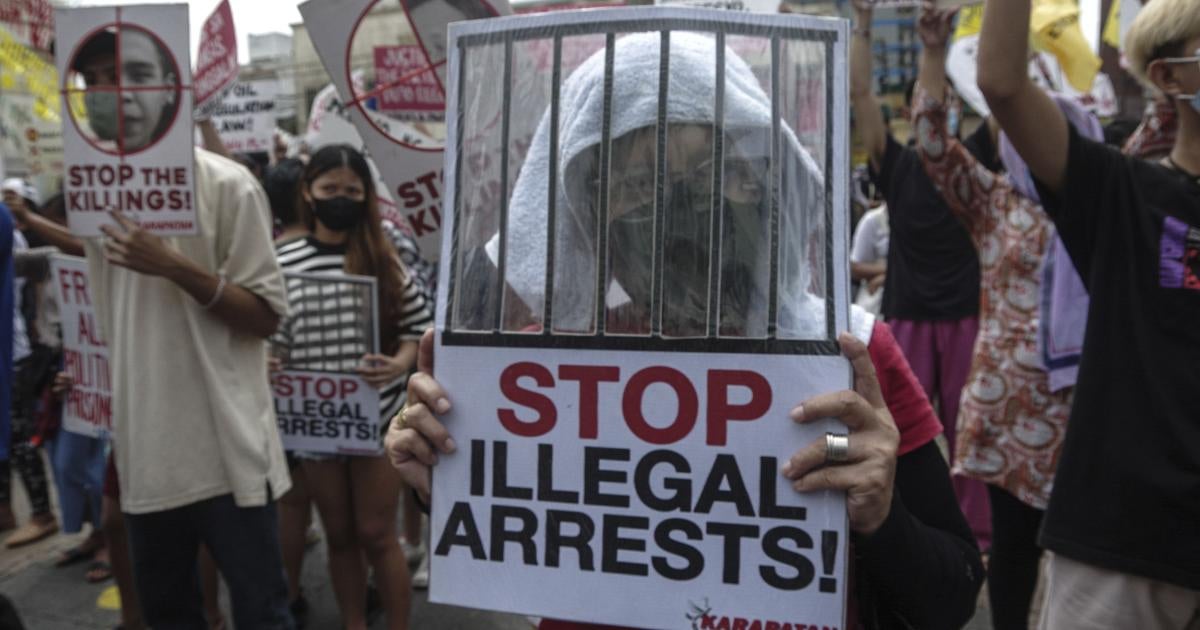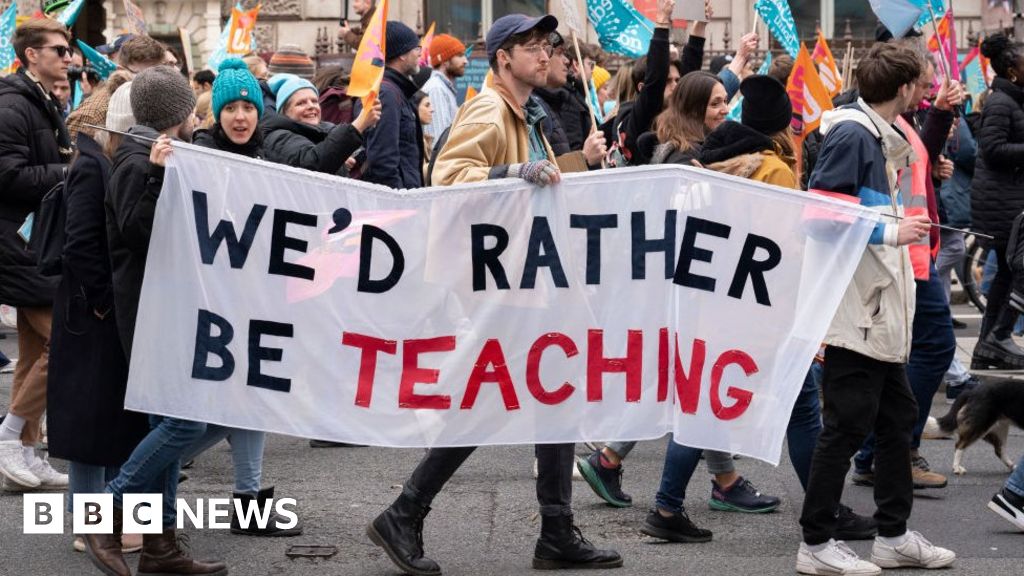[ad_1]
Philippine President Ferdinand Marcos Jr. should end the politically motivated prosecutions of two prominent critics of the government before meeting with US President Joe Biden and members of Congress in Washington, DC, Human Rights Watch said today. The meeting with Biden is scheduled for May 1, 2023.
The former senator and Justice Minister Leila de Lima has spent the past six years in detention at the national police headquarters in Manila on fabricated charges orchestrated by former President Rodrigo Duterte. The Nobel Peace Prize laureate and dual US citizen Maria Ressa, the CEO of the news organization Rappler, faced harassment and prosecution under the Duterte administration. She and a Rappler colleague were convicted of cyber-libel in 2020 and are now appealing. De Lima has been an outspoken critic of the government’s “war on drugs” which has resulted in the extrajudicial killings of thousands of Filipinos since 2016. Rappler’s reporting on the abusive campaign angered Duterte.
“President Biden should publicly call on President Marcos to end the abusive prosecutions of Leila de Lima and Maria Ressa,” said John Sifton, Asia advocacy director at Human Rights Watch. “The White House should only have agreed to a Biden-Marcos meeting on condition that de Lima would first be released from detention.”
Since taking office in June 2022, Marcos has done nothing to end the violations of de Lima’s and Ressa’s rights. Of the three criminal cases filed against de Lima, one has been dismissed while two remain active. She continues to be denied bail even after major witnesses against her recanted their testimony.
Ressa and Rappler are also facing a tax case and are challenging a Securities and Exchange Commission decision to order Rappler to shut down. In January, a tax court acquitted her and Rappler of tax evasion charges. These cases and the others that came before are widely believed to be retaliatory harassment for the critical reporting on Duterte and his “drug war.”
Many of the human rights violations during Duterte’s term as president, from 2016 to 2022, persist under the Marcos administration. The antidrug campaign has killed thousands of people and prompted an ongoing investigation by the International Criminal Court (ICC). Other abuses include the extrajudicial killings of activists, journalists, and Indigenous leaders; the harassment of critics by labeling them communist militants in a practice known as “red-tagging”; chronic political violence which escalates during election periods; and regular attacks on press freedoms.
The police, military, and other government forces routinely commit serious violations, often during military operations against a half-century-long communist insurgency. The US State Department has documented many of these abuses in its annual human rights report.
Since President Marcos’ election on May 9, 2022, the United States has significantly increased assistance to the Philippines, primarily through defense spending. The US government recently supported the largest joint military exercises between Philippine and US armed forces since Manila demanded the US abandon its military bases in the Philippines in the 1990s. This renewed engagement has led to the establishment of new bases in several parts of the country that the US military can now use for future execises.
In the past, the US government has conditioned military assistance for the Philippines on the government making progress on holding human rights abusers accountable. Assistance has now grown, however, even as the Philippine government has failed to bring those responsible for serious abuses to justice.
“President Biden and members of the US Congress should clarify to President Marcos that an improved bilateral relationship can only be maintained if substantive progress is made in protecting human rights,” Sifton said. “A good place to start is for Marcos to make sure that rights defenders like de Lima, Ressa, and others are protected, not targeted or detained.”
[ad_2]
Google News





